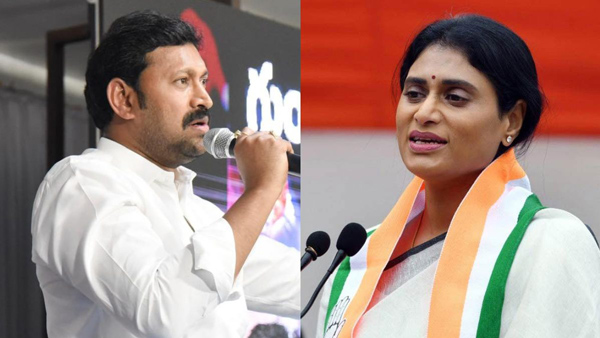In many political landscapes around the world, the phenomenon of family legacies in politics is prevalent. These dynasties can either act as a bridge, providing valuable insights and continuity, or a barrier, stifling new ideas and entrenching elite privilege. This article explores the dual nature of political family legacies and their impact on broader political participation.
Introduction
Political dynasties are a common feature in global politics, from the Kennedys in the United States to the Gandhis in India. While these families often bring a wealth of experience and a deep understanding of governance, they can also perpetuate a cycle of exclusivity, where political power is seen as a hereditary right.
The Bridge: Advantages of Political Family Legacies
Continuity and Experience:
Members of political families often grow up immersed in the nuances of governance, gaining insights that can be invaluable when they assume office themselves. This background can ensure continuity in policy and governance, which might be beneficial in times of crisis.
Network and Resources:
Political families typically have extensive networks and access to resources, which can be leveraged to push significant reforms and initiatives. These connections can facilitate more substantial legislative impacts and more effective governance.
The Barrier: Disadvantages of Political Family Legacies
Limiting Diversity:
When political offices become almost hereditary, diversity in leadership suffers. This lack of diversity can lead to governance that does not adequately reflect the demographic and ideological diversity of the populace.
Perpetuating Inequality:
Political dynasties can reinforce the notion that political power is reserved for certain families, thus discouraging talented individuals outside these dynastic circles from aspiring to political roles. This perpetuation of inequality can hinder the development of a truly democratic political culture.
Case Studies
The Nehru-Gandhi Dynasty (India):
Spanning over several generations, this family has produced multiple prime ministers and numerous influential political figures in India. Critics argue that their continued influence has sometimes sidelined non-dynastic politicians and stifled new leadership.
The Bush Family (USA):
With two U.S. Presidents and several other politicians, the Bush family exemplifies how political legacies can operate in American politics. While providing continuity, their political reign also sparked debates about the consolidation of political power within a single family.
Global Perspectives and Reforms
In some countries, there is growing advocacy for reforms to reduce the influence of political dynasties. For instance, the Philippines has seen movements pushing for anti-dynasty laws to enhance political inclusivity and competition.
Conclusion
Political family legacies can be both a bridge and a barrier. While they bring continuity and a wealth of experience, they can also limit political diversity and perpetuate inequality. Balancing these aspects is crucial for fostering a healthy democratic environment. Reforms aimed at ensuring that political power circulates beyond traditional dynasties could help democratize political participation, making it more reflective of society’s diversity. As democracies continue to evolve, addressing the challenges posed by political family legacies will be essential in ensuring that governance remains vibrant, inclusive, and effective.


Leave a Reply